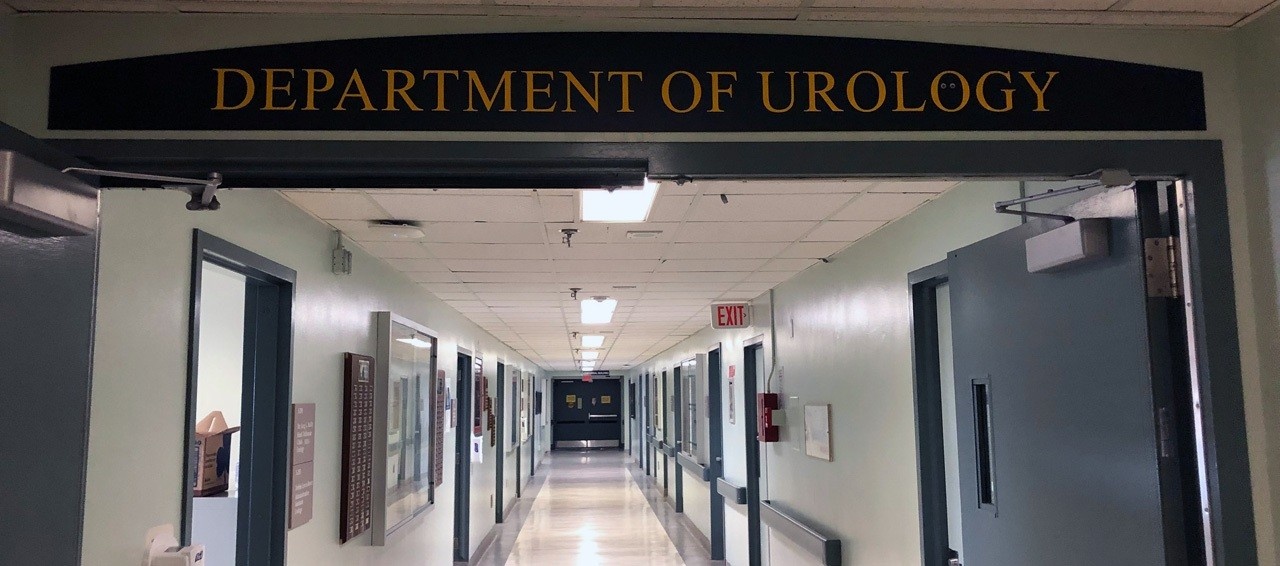Curriculum
Preparing for your career
The Dalhousie urology residency program is a five-year program, fully accredited by the Royal College of Physicians and Surgeons of Canada (RCPSC).
As a resident, you'll train in a collegial environment with some of the most prominent urologists in the field. You'll also be exposed to a wide range of clinical settings, research opportunities and a high surgical volume. And you'll join a collegial group with a broad range of interests in and outside of urology.
The residency program consists of two years in our core surgery program, followed by three years of comprehensive urological training in a wide range of areas. Each year is specifically tailored to your individual educational and research interests. The ratio of residents to faculty is 1:1.
